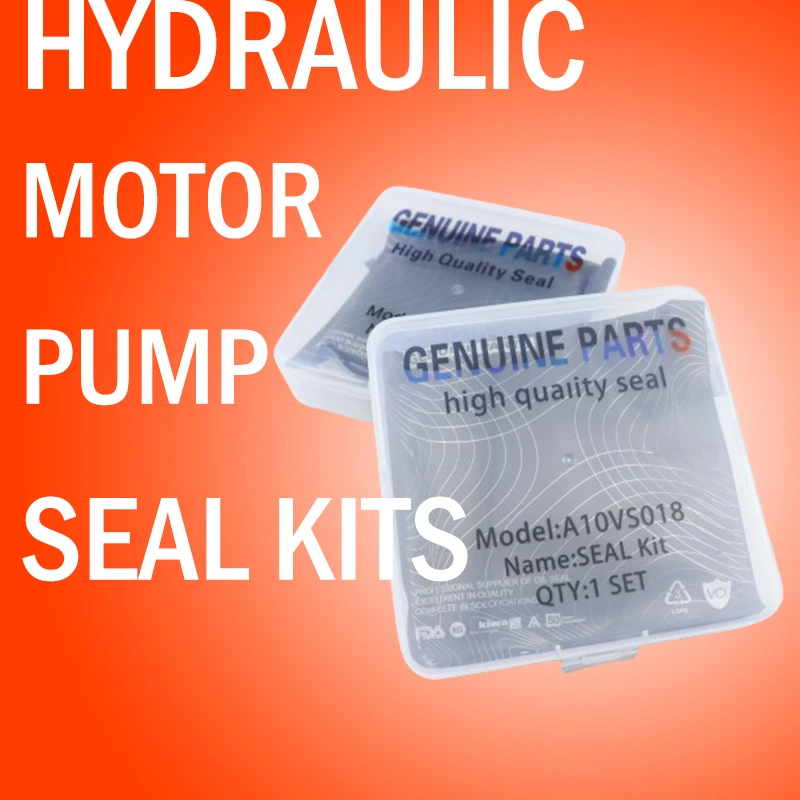Aug . 13, 2024 20:39 Back to list
Essential Guide to Choosing the Perfect Seal Kits for Your Equipment Maintenance Needs
The Importance of Seal Kits in Mechanical Maintenance
In the world of mechanical maintenance, the term seal kits may not be the most glamorous phrase, but their role is indispensable and often overlooked. Seal kits are essential components for a variety of machinery and equipment. They play a crucial role in ensuring that engines, hydraulic systems, and pneumatic systems operate efficiently, safely, and with minimal downtime.
Seal kits typically contain a collection of seals, gaskets, O-rings, and other sealing devices that are designed to prevent leaks and protect equipment from contamination. They are used in an array of applications, including automotive, industrial machinery, aviation, and marine systems. However, understanding seal kits requires a deeper dive into their design, functionality, and maintenance implications.
One of the primary functions of seal kits is to create a barrier that keeps lubricants and other fluids contained within the system
. This is critically important in hydraulic systems, where fluids are used to transmit power. A small leak can lead to significant losses in hydraulic pressure, resulting in decreased performance and potentially leading to equipment failure. Seal kits help maintain optimal performance by ensuring that these fluids remain where they belong, thereby reducing the risk of costly leaks.seal kits

Additionally, seal kits provide protection against environmental elements. Many machines operate in harsh conditions, where dust, dirt, and other contaminants can infiltrate critical components. The seals within a seal kit are engineered to prevent such ingress, safeguarding the internal parts of machinery and extending their operational lifespan. This is particularly vital in industries such as construction and mining, where equipment is frequently exposed to challenging environments.
The quality of seal kits is also of utmost importance. Using subpar seals can result in premature wear and tear, leading to increased maintenance costs and equipment downtime. Thus, investing in high-quality seal kits from reputable suppliers is crucial for any organization that relies on machinery. It is also essential to ensure that the seal kits are compatible with the specific machinery being serviced. Each application may require different materials and specifications, such as temperature resistance, chemical compatibility, and physical dimensions.
Furthermore, regular inspection and replacement of seal kits are vital components of preventive maintenance strategies. Over time, seals can degrade due to factors such as heat, pressure, and exposure to chemicals. Routine checks can help identify potential issues before they escalate, allowing for timely replacements that can save both time and resources. By incorporating seal kits into a comprehensive maintenance program, businesses can reduce the likelihood of unexpected breakdowns and enhance operational reliability.
In summary, seal kits are fundamental to the effective operation and maintenance of a plethora of machinery. Their ability to prevent leaks and protect equipment from contamination cannot be overstated. As industries continue to evolve and equipment becomes more specialized, the demand for high-quality seal kits will undoubtedly grow. By prioritizing the use of effective seal kits and implementing regular maintenance practices, businesses can improve operational efficiency, extend the life of their equipment, and ultimately achieve greater success in their respective fields. Investing in seal kits is not merely a maintenance expense; it is a strategic move towards operational excellence and sustainability.
-
TCN Oil Seal Metal Ring Reinforcement for Heavy Machinery
NewsJul.25,2025
-
Rotary Lip Seal Spring-Loaded Design for High-Speed Applications
NewsJul.25,2025
-
Hydraulic Cylinder Seals Polyurethane Material for High-Impact Jobs
NewsJul.25,2025
-
High Pressure Oil Seal Polyurethane Coating Wear Resistance
NewsJul.25,2025
-
Dust Proof Seal Double Lip Design for Construction Equipment
NewsJul.25,2025
-
Hub Seal Polyurethane Wear Resistance in Agricultural Vehicles
NewsJul.25,2025
-
The Trans-formative Journey of Wheel Hub Oil Seals
NewsJun.06,2025
Products categories
















